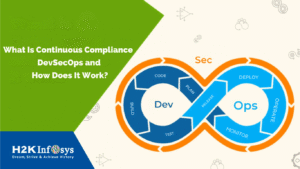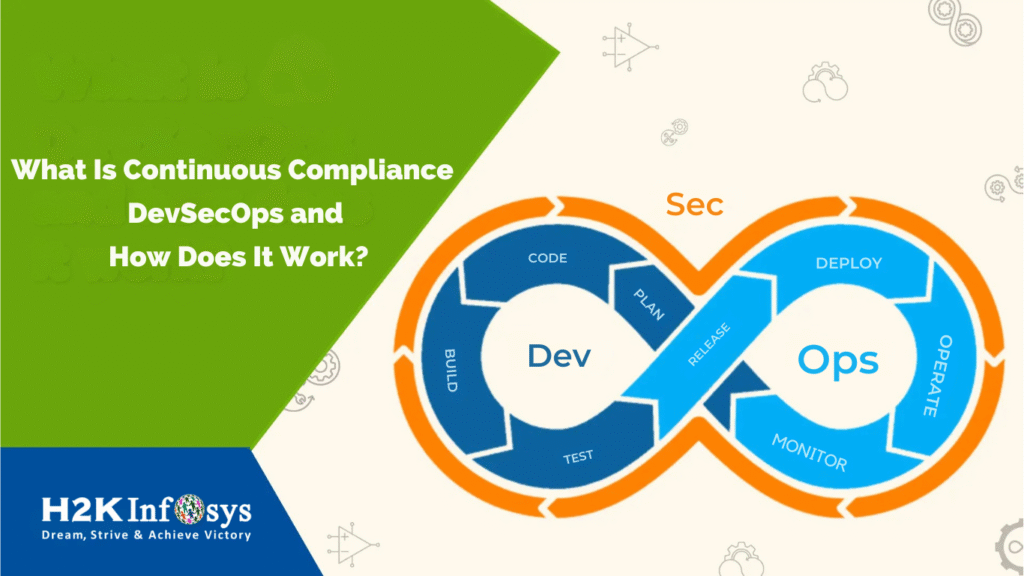Introduction
Getting started with programming often begins with a simple but iconic task: writing a “Hello, World!” program. This exercise may seem trivial, but it’s a foundational step that introduces new coders to the syntax, structure, and mindset required to build software. In this guide, we’ll walk you through how to write this program in two of the most widely used programming languages: Python vs C++. Along the way, we’ll compare their strengths, use cases, and suitability for beginners.
Why Start with “Hello, World!”?
The “Hello, World!” program is universally used in computer science as a first step. It helps you:
- Understand the structure of a language.
- Learn how to write, save, and run code.
- Build confidence with a small success.
- Begin grasping how different languages compile or interpret code.
It’s a rite of passage that’s both symbolic and educational.
Why Compare Python and C++?
Python and C++ are widely used programming languages, each with its strengths and ideal use cases. Python is known for its simplicity and readability, making it an excellent choice for beginners. C++, on the other hand, provides deeper control over system resources and is ideal for performance-critical applications. By comparing these two languages, you’ll get a clear picture of their differences and similarities, setting the stage for your coding journey
Python: Simplicity at Its Best
This is widely recognized as one of the most accessible programming languages for beginners. Its syntax is clean and easy to understand, making it an excellent choice for those new to coding. Let’s take a look at how you would write a “Hello, World!” program in Python.
print("Hello, World!")That’s it! With just a single line of code, It allows you to print “Hello, World!” to the screen. As an interpreted language, It allows you to run your code directly without the need for prior compilation. This can be a big advantage for beginners, as it speeds up the learning process.
Key Features of Python:
- Ease of Use: This syntax is straightforward and mirrors human language, making it accessible even for non-programmers.
- Versatility: It is versatile and applied in numerous fields, including web development and data science.
- Large Community Support: This community is vast and active, providing plenty of resources for learning and troubleshooting.
C++: A Powerhouse of Control
C++, on the other hand, is known for its power and control over system resources. While it might not be as beginner-friendly as Python, learning C++ gives you a deep understanding of how computers work, which is invaluable in fields like game development, systems programming, and embedded systems.
Here’s how you write a “Hello, World!” program in C++:
#include <iostream>
int main() {
std::cout << "Hello, World!" << std::endl;
return 0;
}As you can see, C++ requires more lines of code compared to Python. It involves including libraries (#include <iostream>) and defining a main function, which is the entry point of a C++ program. The syntax is more complex, but this complexity comes with greater control over system resources.
Key Features of C++:
- Performance: C++ is a compiled language, resulting in faster execution times compared to interpreted languages like Python.
- Memory Management: C++ gives you control over memory allocation, which is crucial in performance-critical applications.
- Object-Oriented Programming: C++ supports OOP principles, allowing you to create reusable and modular code.
Comparison of Python and C++
Ease of Learning:
- Python: Python Programming language is easier to learn and use, especially for beginners. The syntax is clean, and the language abstracts many of the complexities involved in programming.
- C++: C++ has a steeper learning curve, requiring an understanding of concepts like memory management and pointers, which are not as intuitive for beginners.
Performance:
- Python: Being an interpreted language, Python is generally slower than C++. However, for most beginner-level projects, this difference in speed is negligible.
- C++: C++ is known for its high performance. It is a compiled language, meaning the code is converted directly into machine code, making it faster and more efficient.
Use Cases:
- Python: Ideal for web development, data science, automation, and scripting. Its simplicity makes it a great first language.
- C++: Best suited for system/software development, game development, and applications where performance is critical.
Community and Resources:
- Python: Boasts a large and active community, with numerous tutorials, forums, and libraries available to help beginners.
- C++: Also has a strong community, though the resources are often more technical and geared toward those with some programming experience.
Why Python and C++?
Python
Python is celebrated for its simplicity and readability, making it an ideal first language for beginners. Its syntax is clean, and you can achieve a lot with minimal code. It is widely used in web development, data science, artificial intelligence, and more.
C++
C++, on the other hand, offers greater control over system resources and is a favorite for performance-intensive applications like game development, embedded systems, and real-time simulations. While it’s more complex than Python, learning C++ provides a solid foundation for understanding how programming works at a deeper level.
Which Language Should You Start With?
Start with Python if:
- You’re new to programming and want a language that’s easy to learn.
- You’re interested in fields like data science, web development, or automation.
- You prefer minimal setup and a shallow learning curve.
Start with C++ if:
- You want to understand how programming works at a deeper level.
- You’re interested in fields like game development, system programming, or embedded systems.
- You’re ready to tackle a steeper learning curve for greater control over system resources.
Key Differences Between Python Vs C++
| Feature | Python | C++ |
|---|---|---|
| Syntax | Simple and beginner-friendly | Verbose and detailed |
| Ease of Learning | Ideal for beginners | Steeper learning curve |
| Execution | Interpreted | Compiled |
| Performance | Slower due to interpretation | Faster due to compilation |
| Applications | Scripting, AI, web dev | Systems, games, embedded dev |
Conclusion: Which One Should You Choose?
If you’re just starting out and want to quickly learn to code, Python is the way to go. Its straightforward nature and user-friendly design make it ideal for those new to programming. However, if you’re interested in learning the fundamentals of programming at a deeper level, or you’re aiming for a career in areas where performance is key, such as game development or systems programming, C++ is worth the effort.
Ultimately, the choice between Python and C++ depends on your goals. For most beginners, starting with Python provides a smoother introduction to the world of coding, while C++ offers a more challenging but rewarding path for those looking to delve deeper into the mechanics of computer science.


























2 Responses
Choose your location from the list below to discover trusted no-KYC casinos available in your region, complete with detailed reviews, withdrawal processes, and exclusive bonuses we’ve negotiated for our readers. Your path to hassle-free, private online gaming starts here.
Our team has personally tested every Anonymous Casino listed here. We’ve gone through the deposit and withdrawal processes to verify which Casinos Without ID Verification actually pay out without requiring your documents.